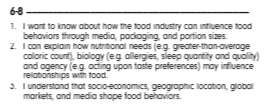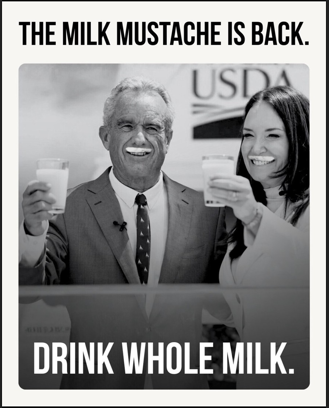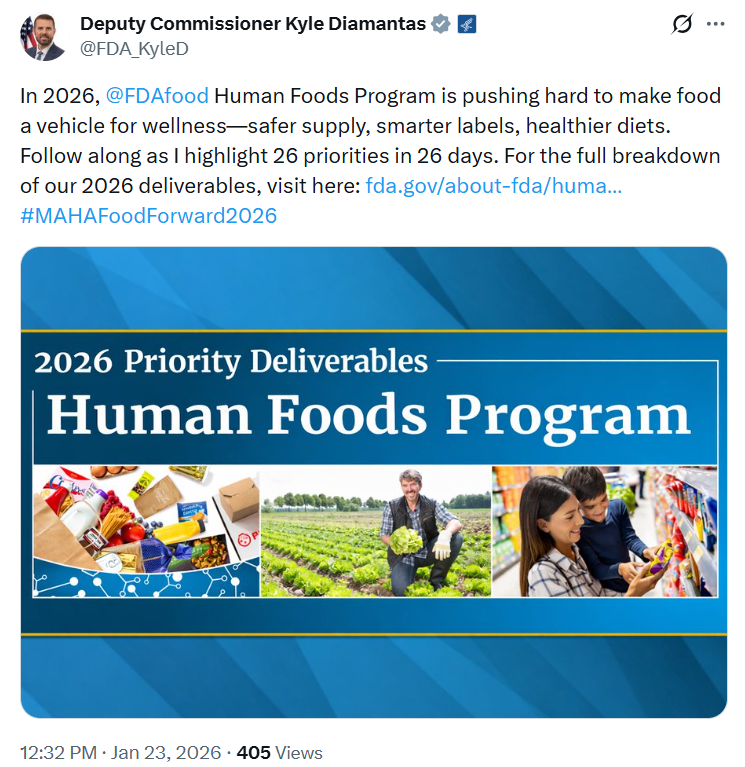Industry-influenced conference of the week: reducing methane emissions
A reader, Harish Chintakunta, sent this suggestion for one of my Monday posts on conflicted science.
Subject: UC Davis Methane Summit—A Case Study in Industry-Framed Science?
Dear Dr. Nestle,
…UC Davis hosted a “State of the Science Summit on Reducing Methane from Animal Agriculture” (link). While the summit was billed as scientific, it was organized by institutions with strong financial ties to the livestock industry. Unsurprisingly, the most effective methane reduction strategy—phasing out animal agriculture—was not mentioned.
Instead, the narrative centered on sustaining and expanding animal production, framed as essential for global nutrition which you very well know is not supported by science. The result was less a discussion of science and more a reinforcement of corporate priorities, masquerading as objectivity.
I believe this event is a powerful example of how public institutions can unintentionally (or otherwise) advance industry agendas while sidelining viable alternatives. Your perspective on this would carry tremendous weight.
Methane emissions from cattle are greenhouse gases that strongly contribute to global warming. The livestock industry would like to reduce methane if it can. UC Davis, the University of California’s land grant campus, has long provided research to support the state’s industrial producers. Its scientists recently found that feeding seaweed to cattle can reduce methane emissions.
I looked at the agenda for the 2025 conference. It appears at first glance to be quite well balanced. Speakers come from industry, but also from academia and at least one environmental organization. Several speakers come from the Global Methane Hub, which funds methane-reduction programs; the Hub is sponsored by a variety of industry- and privately funded foundations.
Without having been there, I have no way of knowing whether anyone at this meeting talked about how people and the planet would be healthier eating less meat. As far as I can tell, no representatives of the EAT-Lancet Commission, which promotes a less-meat Planetary Health Diet, were listed as speakers.
So Mr. Chintakunta is correct: by focusing this meeting on reduction of methane emissions from cattle, rather than on methane emissions in general, it avoids having to deal with the inconvenient truth that eating less meat—which would be bad for the meat business—would be a lot better for planetary health.







